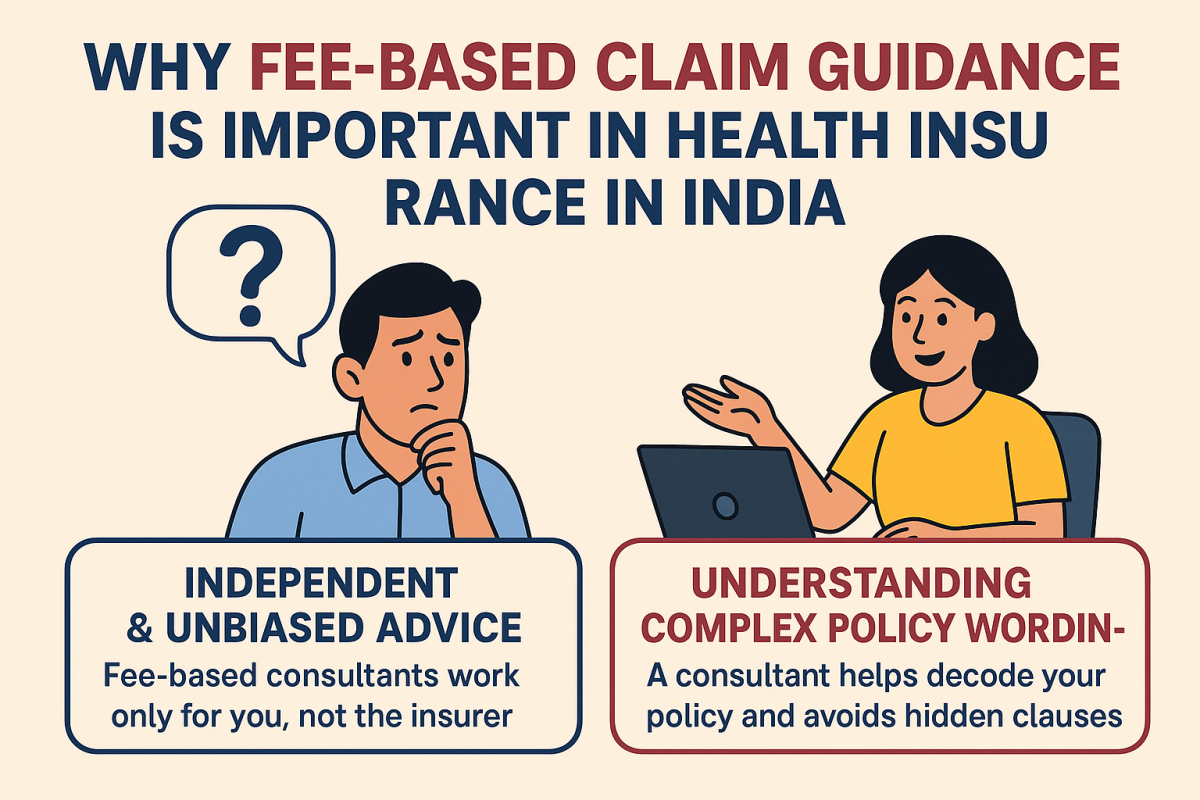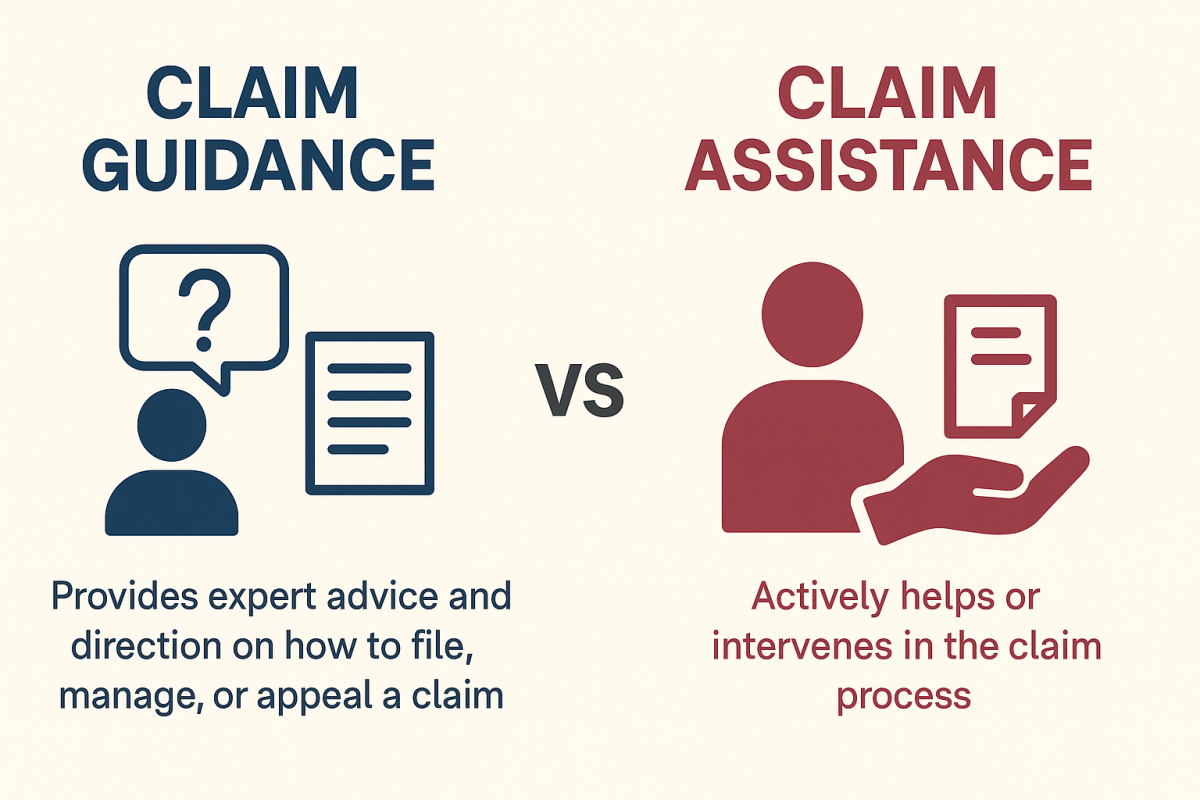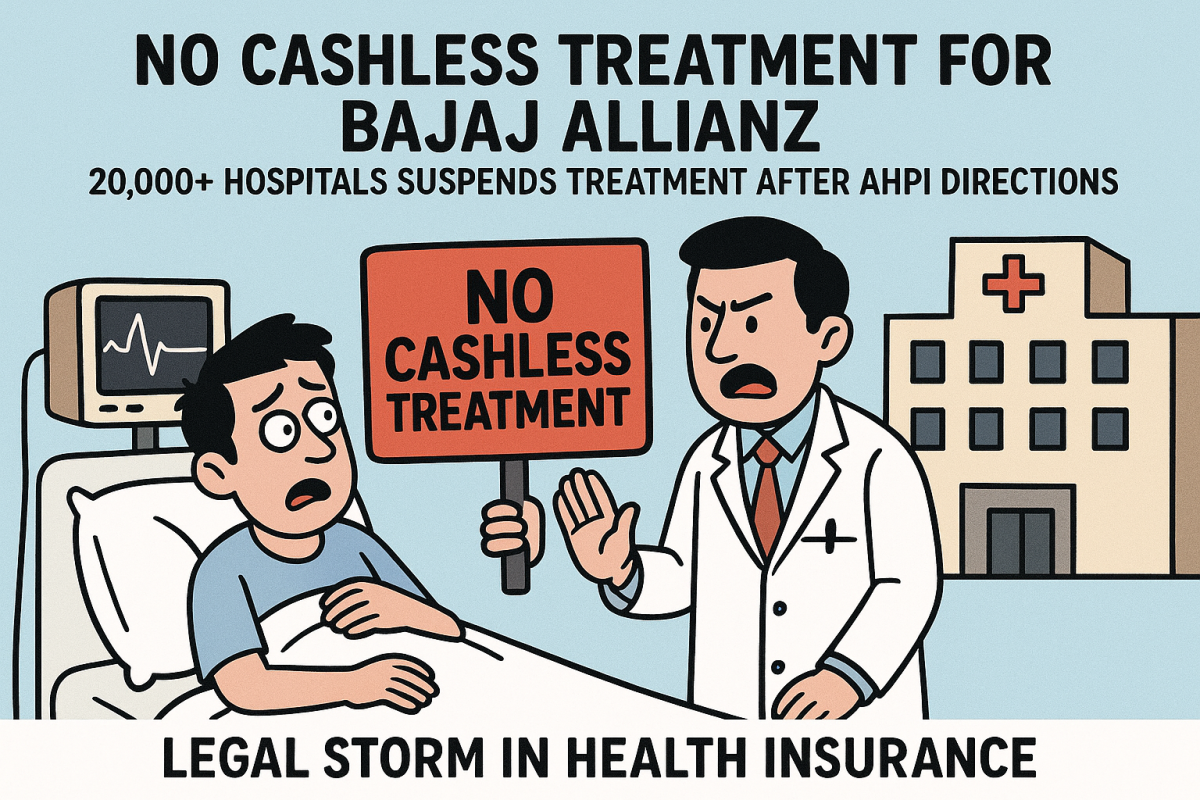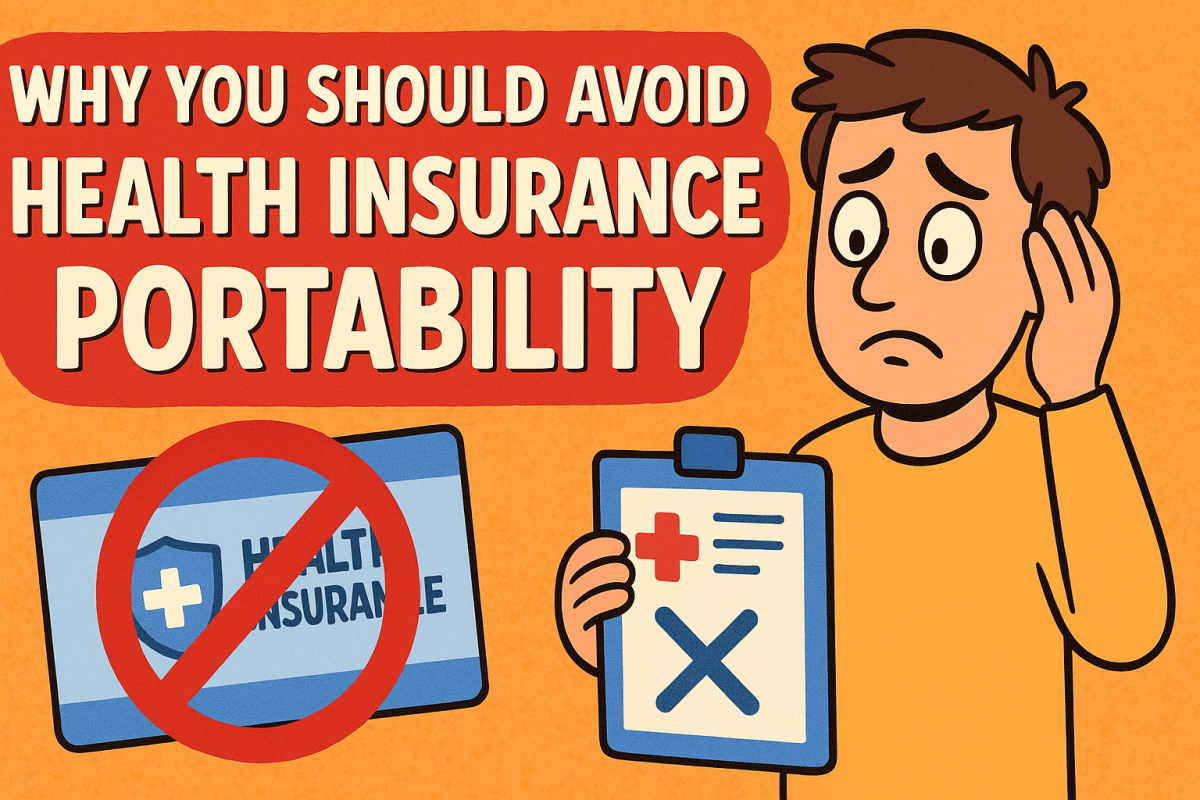This is a very good and sharp observation 👌. Let me break it down clearly:
1.
Current GST system on Health Insurance (18%)
- Today, when you buy health insurance, you pay 18% GST on top of the base premium.
Example:
- Base premium = ₹10,000
- GST @18% = ₹1,800
- Final premium = ₹11,800
So the customer feels GST as a direct burden.
2.
If GST becomes 0%
- The government says: “Now GST on health insurance is zero.”
- So at first glance, you think your premium will fall.
Example:
- Base premium = ₹10,000
- GST = 0
- Final premium = ₹10,000
Sounds good, right? But here’s the catch.
3.
Input Tax Credit (ITC) Issue
- Insurance companies today pay GST on many of their expenses:
- Hospital network services
- IT software & technology platforms
- Office rentals & admin expenses
- Third-party services (TPAs, diagnostic tie-ups, etc.)
- Because they are charging 18% GST to customers, they can also claim ITC on all these expenses.
- If GST on health insurance = 0%, insurers cannot claim ITC anymore (since their output GST = 0).
This means all GST paid on their expenses will now become cost to company instead of being set off.
4.
Result: Premium Increase
- Companies will pass on this “lost ITC” to policyholders by increasing the base premium.
- Example:
- Suppose an insurer was able to claim ₹500 worth of ITC per policy earlier.
- Now they cannot claim it.
- They will increase the base premium from ₹10,000 → ₹10,500 (or more).
So instead of paying ₹11,800 earlier, now you might pay ₹10,500–₹11,200.
The saving will not be full 18% – in some cases it may even be negligible.
5.
Who Wins & Who Loses
- Government wins → gets GST revenue on all the inputs (services insurers buy).
- Insurance companies lose → no ITC, higher costs.
- Customers lose partially → they won’t pay visible GST, but premiums will rise because insurers recover the extra cost.
✅ In short:
“GST zero on health insurance looks like customer-friendly news. But because insurers lose Input Tax Credit, they will increase base premiums. So customers will not get the full benefit – and in the long run premiums may even rise.”









